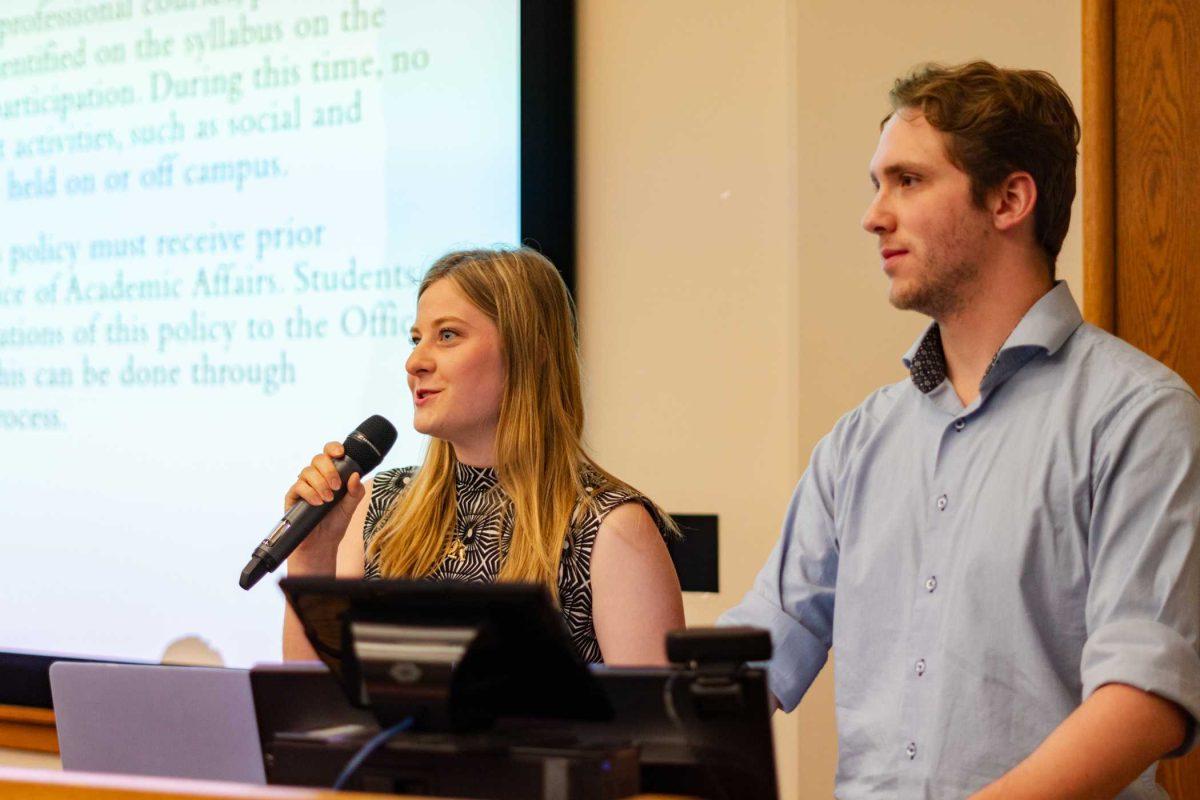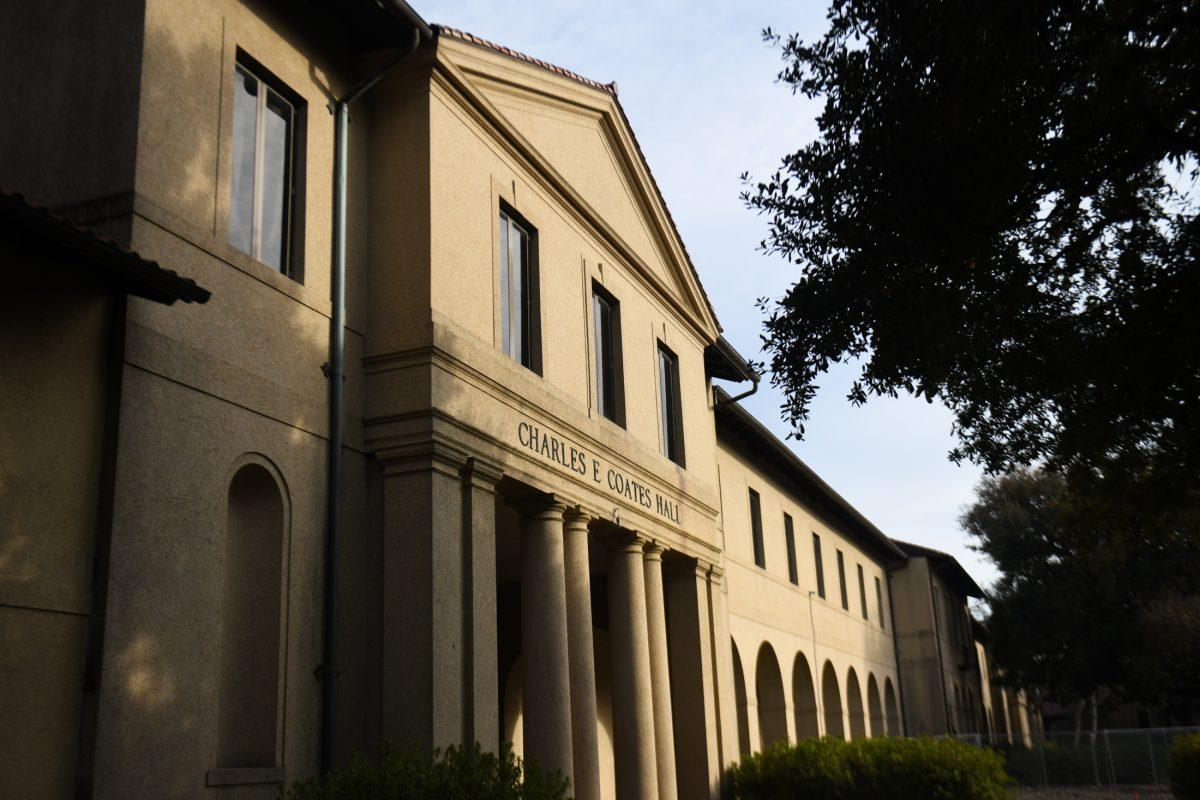The Faculty Senate Tuesday rejected a proposal from Student Government to extend the concentrated study period before finals, commonly referred to as “dead week,” by two days, for a total of seven.
The resolution was presented by student body President Anna Cate Strong and student senator Calvin Feldt before being voted down by a majority of the senate, with faculty citing concerns over the study period cutting into class time.
Currently, the concentrated study period consists of the five days before final exam week, beginning Wednesday and ending Sunday. During this time, no extracurricular academic activities or graded coursework are allowed. The only exception to this rule is coursework such as projects, presentations or papers that were identified on the syllabus on the first day of class.
READ MORE: Louisiana residents may soon be able to conceal carry handguns without permits or training
The resolution proposed on Tuesday asked to add two days to the study period, making it the full week before finals. This would also mean that students returning from Thanksgiving break during the fall semester would transition directly into the concentrated study period.
“For me, in the fall is just a no-go. Thanksgiving week is a bust and now we’re talking about the entire next week,” said sociology and criminology professor Edward Shihadeh. Shihadeh also said that the loss of days to give assignments would result in his final exam being weighted more, something he said would not be beneficial to students.
The prohibition of assignments during the extended study period would also prove bothersome to departments that are reliant on homework, such as math. Mathematics professor Scott Baldridge said that math is learned by practicing, and not being able to perform a “hard checkup” on students would cause them to forget what they had learned in class prior to Thanksgiving break and leave them unprepared for finals.
LSU originally implemented the concentrated study period in 1987, originally only restricting extracurricular activities. Then in 1994, the university banned any major exams during the period and in 2003 mandated that any graded coursework assigned within the period could only make up 10 percent of a student’s class grade, which was then lowered to 5 percent in 2012. Finally in 2017, LSU banned dead week graded coursework altogether, only allowing projects that have been declared on the syllabus by the first day of class. Currently laboratory, graduate and professional courses do not observe the concentrated study period.
The 2017 change forbidding the assignment of graded coursework over the concentrated study period remains a concern to members of the faculty today. Math professor Charles Delzell said he would want to abolish the 2017 policy, which he claims the senate never approved, in favor of a previous policy that would allow professors to assign at maximum 5-10 percent of their coursework during the study period.
“I don’t care so much how many days it is. I care about what the restrictions are during those days,” Delzell said.
MORE NEWS: Nitrogen gas, electrocution advance as potential execution methods in Louisiana
The 2023-24 LSU general catalog says the concentrated study period is to “promote a learning-centered environment.” Delzell argued that learning centered environments involve coursework such as tests and quizzes.
These grievances with the current concentrated study period led to the faculty senate quickly rejecting the proposal.
“Hopefully in the future we are able to find a proposal that satisfies both the needs of faculty and the wants of students,” Strong said.
This article has been updated to more accurately reflect comments made by professor Charles Delzell









